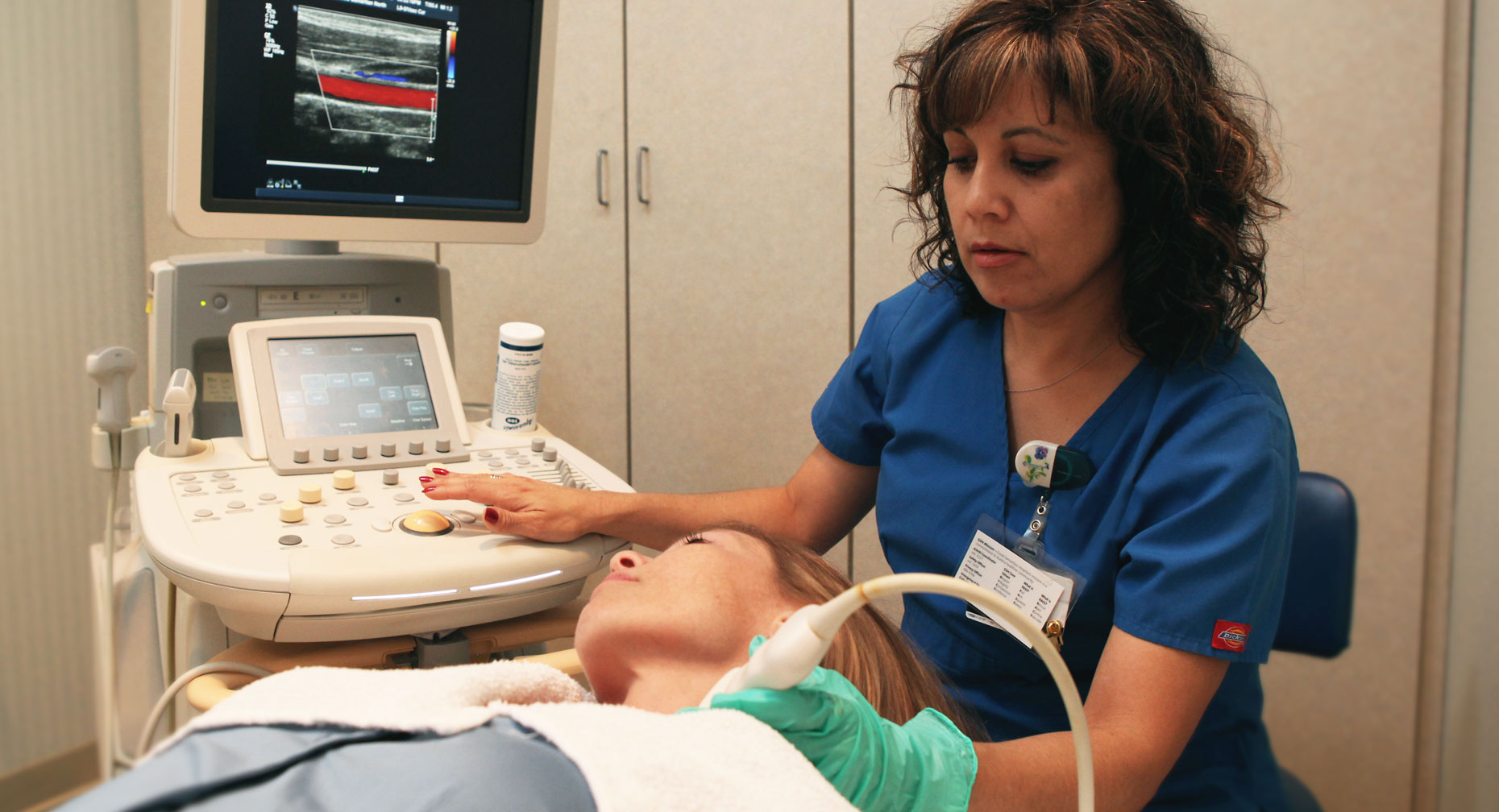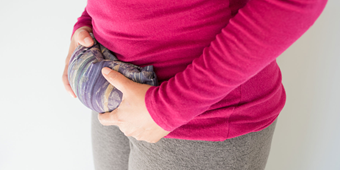Thyroid Detectives

Find Your Perfect Match
Answer a few questions and we'll provide you with a list of primary care providers that best fit your needs.
Unexplained change in your weight? Feeling sluggish, irritable, anxious or foggy?
All are symptoms of thyroid disease — and other conditions, as well. To find out if your thyroid is the cause, there are several tests your doctor can order. They’ll determine if your thyroid is working properly, or if it’s overactive, or underactive. An easy blood test can check for levels of the following:
- Thyroid stimulating hormone (TSH). This hormone is released by your pituitary gland which is in your brain. Your doctor will want to know how much TSH is in your blood.
- T4 and T3 hormones. These hormones are released by your thyroid. The amount of T4 and T3 in your blood will help your doctor know if your thyroid is overactive, underactive or behaving as it should. Depending on the results, your doctor may order another blood test to look for thyroid antibodies in your blood.
They’ll determine if your thyroid is working properly, or if it’s overactive, or underactive.
One or more of these tests might also be needed to provide your doctor with more information about your thyroid:
- Ultrasound. This is a safe and painless way for your doctor to see if your thyroid looks normal. It uses sound waves to create an image of your thyroid on a computer screen. Your doctor may want you to get an ultrasound to determine if you have any lumps or nodules on your thyroid, or if your thyroid is enlarged.
- Thyroid antibody tests.These blood tests help determine if your immune system is working properly. Results will help your doctor determine if your thyroid is overactive or underactive.
- Radioactive Iodine Uptake Test. This is a big name for a test that involves swallowing radioactive iodine and then seeing if it collects evenly throughout your thyroid. Several hours after you take the iodine (or the next day) a technician will use a probe that looks like a microphone to measure the amount of radioactive iodine collected in your thyroid. The test is quick and painless. The results provide your doctor with images of your thyroid that can’t be obtained through an ultrasound. If you are pregnant or breastfeeding, your doctor will skip this test.
- Thyroid scan. Similar to an ultrasound, this test creates an image of your thyroid to determine if it is making too much hormone.
- Fine needle aspiration. If you have a nodule on your thyroid, your doctor may want to remove some cells from the nodule. This sample is taken with a small, thin needle carefully inserted into the nodule. Cells are drawn through the needle and examined in a lab. If cancer is suspected, your doctor will likely want to do more tests to determine the type of cancer.
Find Your Perfect Match
Answer a few questions and we'll provide you with a list of primary care providers that best fit your needs.
Source: National Institutes of Health; Womenshealth.gov




